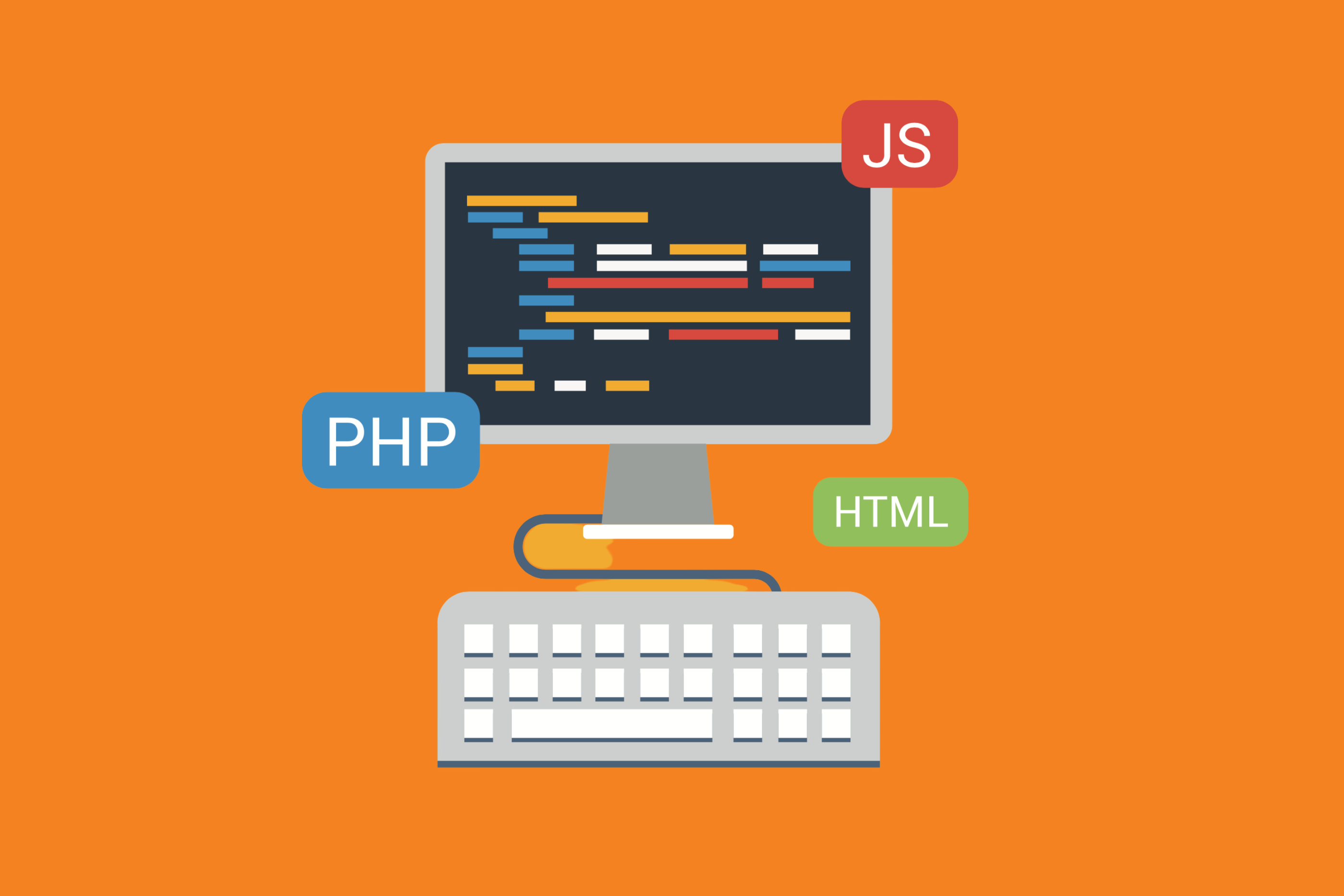If you’ve heard of Git, likely, you’ve also heard of GitHub. However, while Git is a version control system that lets users manage and keep track of their source code history, GitHub is a cloud-based hosting service that allows users to manage Git repositories.

Do you use Git and Jira?
Take them to the Next Level with our Git-Jira integration
→ Try it For Free ←
The secret is that these two items are not mutually exclusive. Just because you use Git doesn’t mean you have to use GitHub. There are many different hosting platforms available to teams and developers. These include:
- GitLab
- Beanstalk
- BitBucket
- SourceForge
- CodeBase
- Microsoft Azure DevOps
- Perforce
- And more!
Having a hosting platform means you do not have to hold your code in your own server (although that is possible too). Hosting does make it easier for teams to collaborate, however, especially if they are remote teams or working from different locations. Hosting also tends to be less costly, as servers require space and maintenance that can get costly depending on how big your project gets.
If you need to host your project, GitHub is typically the most popular; however, let’s look at two other well-known options, both of which, like GitHub, can be connected to Jira via Bitband for better easier, and more transparent project management.
GitHub
65+ million developers use GitHub across 3+ million companies worldwide (and more than 70% of fortune 50 organizations. Its defining feature is its robust version control system that lets users adjust software (fixing bugs and improving efficiencies) without affecting the software itself. Changes are first reviewed before merging into live projects. It’s also effortless to integrate GitHub with Amazon, Google Cloud, and Code Climate services.
As an open-source platform, the community behind the technology is highly passionate and powerful. Every day, millions of coders upload and review each other’s work. It’s got a large shared repository that makes it easy for coders to share and review work and gain insights from each other in a way that’s unparalleled on any other platform. That makes it possible for uses to learn, share, and even use pieces of code that are tried and tested.
GitHub also offers version control, which allows users to track changes made to the code (and who made them). It’s possible to review detailed changelogs on GitHub. Seeing changes also makes it easy to collaborate with others on the same project, especially when multiple collaborators are working together in real-time.
Features for GitHub include:
- Collaborative code review
- Support for 200+ coding languages
- Integration capabilities
- Issue tracking
- Team and organization management
- A robust API
GitLab
GitLab is an open DevOps platform that’s designed as a single application. It provides for management that can streamline collaborative workflows in the software development lifecycle. It’s a complete CI/CD toolchain that helps users plan projects, create and share apps, and manage source code. It offers an open-source community edition for repository management and easy maintenance of repositories on a server. Built in are tools for time and issue tracking as well as milestones.
GitLab does allow access to their APIs so that users can create custom connections with other applications. They also allow for a variety of plugins, including Atlassian, Jenkins, and Git-Powered Wikis.
GitLab offers tons of features, including:
- Milestone setting and grouping
- Issue tracking, weighing and shuffling
- Issue boards and labels
- Tie tracking
- Roadmaps
- Issues and merge requests templates
- Reporting tools
- Merge requests, approvals, conflict resolution, and discussions
- Custom notifications
Beanstalk
Beanstalk has seen over 100,000 companies improve their development processes. The platform is a complete workflow platform that allows users to write, review and deploy code. It’s an easy version control software that streamlines deployment and hosting codes so that teams can better focus on building software. Code can be kept in a Git repository, and code reviews can be run with team members to ensure code submitted has been checked before launching live.
In Beanstalk, code review is designed to start early and be fluid, allowing more input from team members to build more robust code. To that end, there are two types of feedback: Issues and Discussions. Comments that, for example, require specific actions are kept separate from issues so that it’s clearer what element(s) are standing in the way of approvals. It’s also possible to see code review stats to visualize progress as items are reviewed.
In Beanstalk, the security of your code is ensured. The environment is fully managed and transferred using bank-level encryption and protocols within their infrastructure. Users have complete control over their account’s security with elements such as two-step authentication, IP access records, password enforcement, and IP access restrictions. While data is constantly accessible, Beanstalk also layers in redundancy with local and off-site backups, which are triggered every 60 seconds to ensure users don’t lose work.
Beanstalk features include:
- Repository browsing and diffs
- Revision history
- In-browser editing of code
- Code-review tools
- Notifications
- Automatic and manual deployments
Want to see how powerful these Git tools can be when integrated with Jira? Find out more here.
Want more Bitband insights? Check out:





